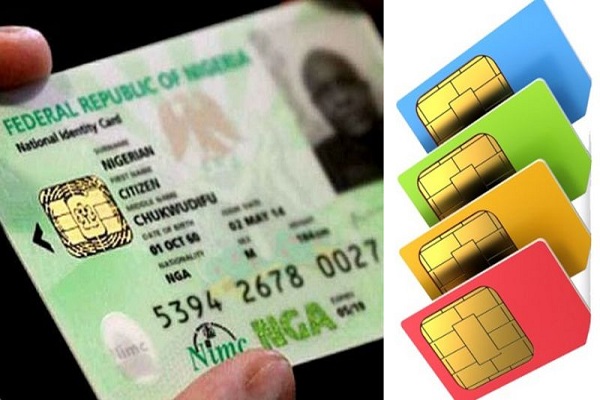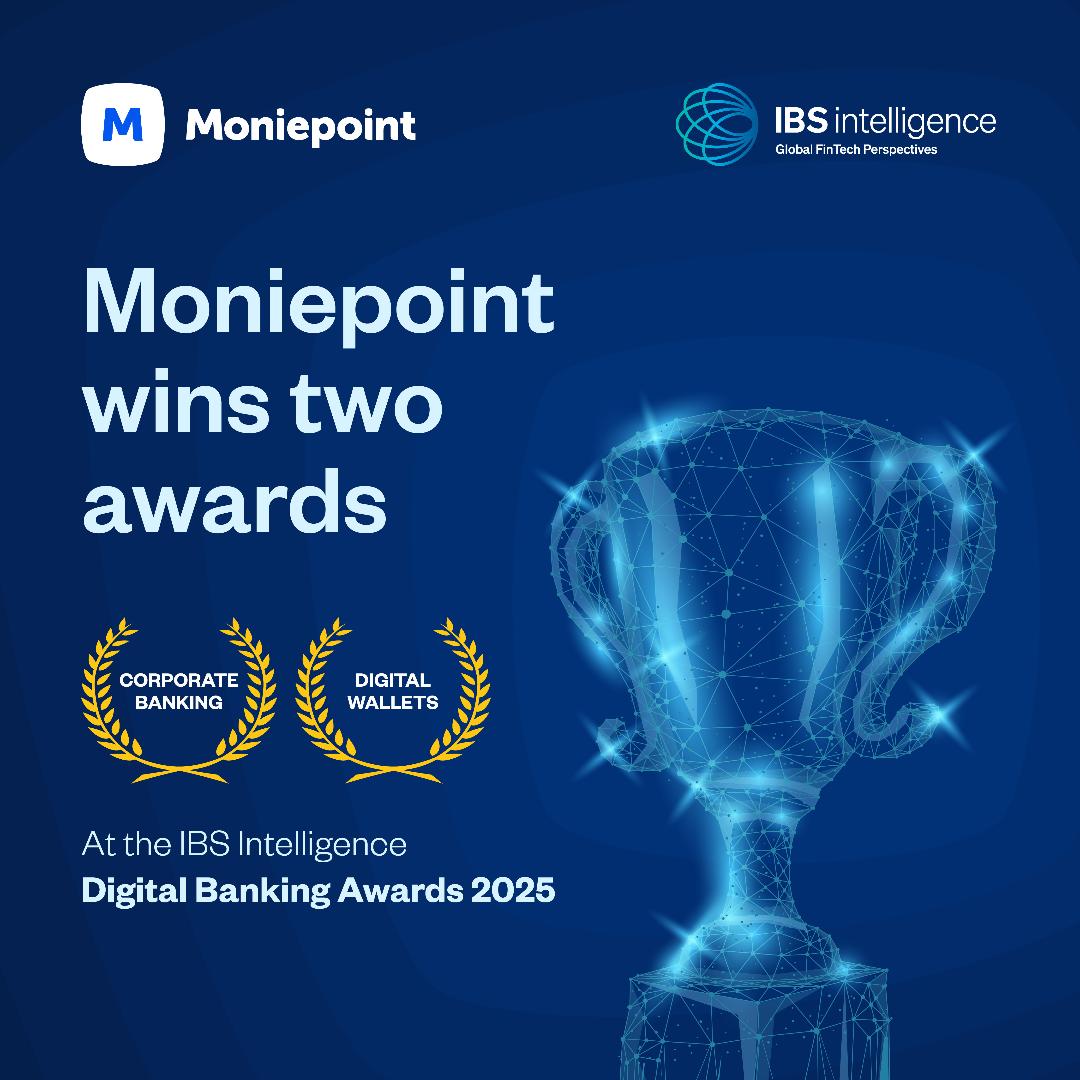Telecom
Why Millions of Africans are Right to Resist Mobile SIM Card Registration

By Dr Tony Roberts and Ridwan Oloyede
Mobile SIM registration linked to digital ID is causing exclusion of marginalised groups, and concerns about privacy in the absence of sufficient legal safeguards, especially in nations with a history of abuse by authorities.

These are some of the planks of an article published on Thomson Reuters Foundation website by Dr Tony Roberts and Ridwan Oloyede.
Dr Tony Roberts is a research fellow at the Institute of Development Studies, and a member of the African Digital Rights Network.
Ridwan Oloyede is a legal practitioner, research fellow and consultant based in Nigeria, and a member of the African Digital Rights Network.
According to the article, in recent weeks, millions of Nigerians have been barred from making calls after the government instructed telecommunications providers to disconnect their SIM cards because they failed to comply with the government directive to register and link them to their digital ID, known as the National Identity Number (NIN).
Most countries in Africa – 50 nations according to research by Privacy International – and around the world require SIM registration to identify the user.
However, Nigeria has gone further by requiring SIM cards to be registered and linked with a citizen’s digital ID, and therefore with the biometric data that it contains.
Nigeria is not alone in doing this: some 30 countries globally require SIM registration linked to digital ID including biometric data such as fingerprints or facial images.
Such a registration policy excludes many marginalised groups such as some ethnic minorities or migrant workers without ID proof such as a birth certificates, needed to obtain a digital ID.
This locks them out from obtaining a SIM – and therefore from mobile connectivity – and from government services that increasingly require mobile or internet service to access.
Secondly, SIM registration linked to digital ID is causing concerns about privacy rights – not only in Nigeria but also in Uganda, Zambia and Kenya – in the absence of sufficient legal safeguards to protect their data. More so, where there is a historical record of abuse by authorities.
From our research at the African Digital Rights Network, we believe citizens are right to be concerned. Linking digital IDs and mobile SIMs, and linking these with mobile banking apps and other digital services, is the “unholy trinity” of digital surveillance.
When combined with further government or corporate data, this surveillance stack enables governments to track an individual’s real-time movements, transactions, email, voice and social media communications, providing a powerful infrastructure for state surveillance.
Digital identification is becoming a central component of repressive digital surveillance. In the six African countries we studied, we found governments making major investments in surveillance technologies, not only in digital IDs and SIM registration, but also in CCTV, encryption breaking and car licence plate and facial recognition systems.
They also created laws forcing telecom companies to capture and store citizens’ communications for possible state use.
In Nigeria, that fear was exacerbated in February, when it was reported that President Muhammadu Buhari had allowed security agencies to access the NIN database. The government’s argument for mandatory registration of SIM cards linked to digital IDs hinges on security, and allowing governments to track criminality. However, there is no evidence that mandatory SIM registration lowers crime or makes a difference in crime detection.
Everyone wants governments to track the most serious criminals to prevent mass atrocities. But citizens also want governments to respect and protect everyone’s right to privacy. Due to the covert nature of surveillance, and the large power imbalance between the state and the people being watched, there is a clear opportunity to abuse power: our research on surveillance law in Africa shows that most surveillance is conducted on political opponents, business rivals, journalists, civil society activists and low-level criminals. These are all in violation of privacy rights.
In most African countries including Nigeria, it is also in violation of the constitution, international human rights conventions, and domestic laws which protect privacy of communication.
However, branches of the state regularly violate this privacy law, and they do so with impunity, with no accountability for such violations.
To protect citizens against abuses of their data and privacy rights, robust data protection and privacy laws are needed that provide for independent oversight bodies with the independence, resources and power to monitor surveillance practices, and hold governments and corporations accountable for any breaches.
Citizens have a right to legal citizenship and to access government services and entitlements. This should not be contingent on a biometric ID system that locks out the most vulnerable, and enables repressive governments to conduct mass surveillance.
Telecom
LINX Picks Digital Realty as Access Point for New Ghana IXP

The London Internet Exchange (LINX) announced today that it will extend its partnership with Digital Realty to West Africa, welcoming the data centre provider to its new interconnection fabric, LINX Accra.

Digital Realty is nearing completion of its new facility in Accra, ACR2. A modern data centre strategically positioned near multiple submarine landing cable stations in Accra’s downtown area.
Ghana is one of Africa’s most internationally connected countries, thanks to the presence of these six undersea cable systems. As a result, the country’s digital landscape has grown dramatically in recent years.
LINX Accra was announced in late 2024 and is anticipated to launch in the coming weeks.
LINX stated that a new internet exchange point (IXP) for Ghana will provide future-proof and scalable solutions to propel the digital ecosystem forward.
The new IXP will be LINX’s third facility in Africa since the opening of LINX Nairobi in 2023, marking an important milestone in the company’s overall strategy in Africa.
Nurani Nimpuno, head of global engagement for LINX commented: “We are excited to be embarking on this new journey with Digital Realty in Ghana. We have strong relations with our partners across our LINX hubs in the UK, US and Kenya so I’m confident this extension of the relationship will be a success.”
Digital Realty has been a key access point for LINX’s interconnection solutions in London and also in North Virginia, US for several years.
More recently, LINX launched their first steps into Africa with LINX Nairobi in November 2023 and LINX Mombasa in February of this year, both working closely with iColo: A Digital Realty Company.
Joseph Koranteng, managing director of Digital Realty in Ghana, commented: “We’re pleased to be welcoming LINX to our new data centre in Ghana, a key milestone as we continue to strengthen interconnection across Africa.
“As demand for low-latency connectivity grows, this collaboration will play a critical role in helping to shape the region’s digital future by enabling greater access, resilience, and integration with the global internet fabric.”
Telecom
Moniepoint Clinches Two IBSi Awards for Leadership in Corporate Banking and Digital Wallet Services

Moniepoint Inc, Africa’s leading fintech platform, has been named a Category Winner in two prestigious categories — Corporate Banking and Digital Wallets — at the IBS Intelligence (IBSi) Digital Banking Awards 2025.

The accolades recognize Moniepoint’s significant impact in advancing financial inclusion and operational efficiency through its innovative digital banking initiatives across the continent.
Moniepoint earned dual recognition with the Corporate Banking award for its end-to-end digital platform empowering SMEs across emerging markets through simplified working capital access and streamlined payment processes, while also being honored in the Digital Wallets category for its scalable wallet infrastructure that enables millions to seamlessly transact, save, and manage finances—both innovations supporting broader financial inclusion and economic empowerment goals.
The IBSi Awards jury highlighted Moniepoint’s achievement in delivering measurable business impact, its ability to scale efficiently, and its pioneering approach to integrating local market needs with cutting-edge financial technology.
The IBSi Digital Banking Awards recognize technology implementations and innovation across digital banking units worldwide. This year, more than 110 submissions from over 30 countries were evaluated.
The IBSi Digital Banking Awards celebrate the most innovative and impactful technology implementation projects in the global banking sector.
This year’s competition recognised outstanding achievements among digital-only banks, neo-challenger banks, and the technology partners driving digital transformation worldwide.
“We are thrilled to be recognised in two highly competitive categories,” said Tosin Eniolorunda, CEO of Moniepoint. “These awards validate our mission to power the dreams of African businesses and individuals by building technology that works for everyday realities.
“Whether it’s helping SMEs grow or enabling simple, fast, and secure transactions for millions, we remain committed to delivering impactful solutions.”
“These recognitions from IBS Intelligence reflect the hard work of our teams and partners, and the deep trust our users place in Moniepoint,” Eniolorunda added.
“We look forward to continuing to innovate and scale inclusive digital financial services that shape the future of banking across Africa.”
Nikhil Gokhale, Director of Research and Digital Properties at IBS intelligence, said, “Over the years, we’ve witnessed a remarkable transformation in the digital banking space — from the rise of nimble neobanks to the digital reinvention of traditional institutions.
“The IBSi Digital Banking Awards honour this evolution by recognising technology-led excellence across the global banking landscape.
“Now in its fifth edition, the awards continue to recognise banks that are redefining the digital banking landscape through bold strategy, customer-centric thinking, driving innovation, inclusion and meaningful impact.”
This award complements and validates Moniepoint market leadership having been listed for three years in a row in the CB Insights annual Fintech 100, a list of the 100 most promising private fintech companies in the world and described as high-momentum companies shaping the future of financial services as well as being ranked by the Financial Times as one of Africa’s fastest-growing companies for two consecutive years.
Moniepoint Inc. powers over 10 million businesses and individuals with access to seamless payments, banking, credit, and business management tools since 2019. As Nigeria’s largest merchant acquirer, it powers most of the country’s Point of Sale (POS) transactions while operating profitably.
Processing over 1 billion transactions monthly, with total payments volume exceeding $22 billion, Moniepoint enables businesses to digitize their operations and thrive in Africa’s rapidly evolving economy.
UK-headquartered IBS Intelligence (IBSi) is the world’s only pure-play Financial Technology (traditional and new-age) research, advisory, and media firm, with a global coverage, and a 360° portfolio of intelligence offerings.
For over 30 years, IBSi’s expert teams have delivered independent, in-depth, actionable insights, with a laser focus on everything Financial Technology, to the global banking, consulting, technology, and institutional investor world.
Telecom
NCC Unveils Landmark RIA Report, Reinforces Stakeholder-Centric Regulation

Dr. Aminu Maida, executive vice chairman and chief executive officer of the Nigerian Communications Commission (NCC), has declared the presentation of the Regulatory Impact Assessment (RIA) Report on eight key subsidiary legislations a turning point in the Commission’s regulatory framework.

Speaking at a high-level Stakeholder Engagement Forum in Abuja, Dr. Maida noted that the comprehensive RIA, conducted in 2024, embodies the NCC’s renewed commitment to transparent, participatory, and consumer-focused rulemaking.
“This innovation in our legislative process not only enhances accountability but also recalibrates our focus areas—consumers, licensees, and government policy alignment,” Dr. Maida stated.
The NCC boss emphasized that the RIA’s three-pronged focus aimed to assess regulatory performance across:
* Consumer impact, especially with regard to quality of experience (QoE)
* Market adaptability, with respect to competition, resource utilization, and market entry
* Policy alignment, ensuring legislations support overarching governmental objectives
He urged stakeholders to rigorously engage with the RIA findings to enhance regulatory outcomes and ensure market sustainability.
In her opening remarks, Head of Legal & Regulatory Services at the NCC, Mrs. Chizua Whyte, described the RIA as “an evolutionary step in our rulemaking journey,” adding that the extensive stakeholder contributions had strengthened the report’s validity.
“With emerging technologies and policy priorities, we needed to reassess our legal instruments. This RIA was both introspective and outward-looking,” Mrs. Whyte said.
Key areas assessed include licensing, SIM registration, subscriber management, enforcement procedures, spectrum trading, and infrastructure sharing.
Mrs. Whyte revealed that feedback from industry players was instrumental in identifying regulatory redundancies, clarifying legal obligations, and shaping future reforms.
The Legal Department, she noted, is already aligning next-phase reforms with the RIA’s recommendations to strengthen investor confidence and foster innovation across Nigeria’s telecom landscape.
The forum concluded with a call for continued stakeholder participation in shaping the Commission’s evolving legislative environment.
For the NCC, the RIA initiative signals a new era of smarter regulation—balancing flexibility, compliance, and consumer trust.

 General News2 days ago
General News2 days agoOpenAI Unveils New AI Agent for Software Developers

 Telecom2 days ago
Telecom2 days ago15 African Startups Using AI Selected for Google Accelerator Cohort 9

 Telecom2 days ago
Telecom2 days agoMTN Nigeria Receives UN Women Award for Empowering Women Nationwide

 E-Financial1 day ago
E-Financial1 day agoFidelity Bank Clears the Air: MD Not Linked to Woobs Case

 Telecom2 days ago
Telecom2 days agoUS Bans Use of WhatsApp on Official Devices over Security Concerns

 Telecom2 days ago
Telecom2 days agoMTN Nigeria Launches “Mega Billion Promo” to Reward Customer Loyalty and Drive Financial Inclusion

 Telecom2 days ago
Telecom2 days agoMTN Nigeria Donates Medical, Digital Equipment to Lagos Primary Healthcare Centre

 General News1 day ago
General News1 day agoSEC Advocates for Advanced Financial Inclusion by 2030




















